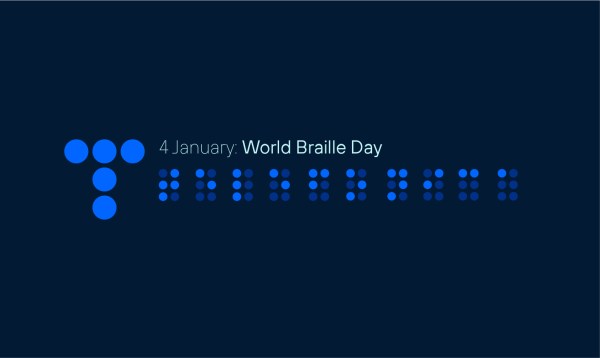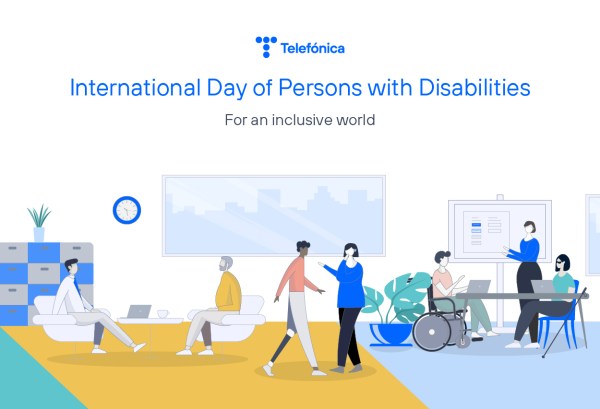- This day was celebrated for the first time on 29 October 2024.
- Depending on countries’ income levels, there are significant differences in the rates of young people who have coding skills.
When is World Coding Day celebrated?
World Coding Day is commemorated on 29 October, although it is a very recent event.
So recent, in fact, that 2025 will see its second edition, and its origin lies in ‘the importance of coding in promoting economic development and innovation’.
Since when has Coding Day been celebrated?
The first international day dedicated to coding was in 2024 after being approved by UNESCO on 7 November 2023.
In this proclamation, in addition to designating the third-to-last day of October as World Coding Day, the organisation’s Member States were invited to implement various types of events (regional, national or international) to mark this day.
This is one of the international days sponsored by the UN organisation dedicated to education, culture and science, as is the case with the also recent Digital Literacy Day and International Women in Engineering Day.
Why is World Coding Day commemorated?
Audrey Azoulay, Director-General of UNESCO, explained last year regarding the proclamation of this day that ‘coding, in addition to being a technical skill, is a key to navigating the world of tomorrow, through a combination of logic, creativity and innovation’.
Azoulay also pointed out that ‘at a time when digital technology plays an omnipresent role in our lives, it is essential that everyone understands the fundamentals of this technology and masters its tools.’
Similarly, the French director highlighted the inequality in access to this ‘fundamental skill’, pointing out that ‘in low-income countries, only 0.5% of young people have mastered coding, compared to 14% in high-income countries’.
What is coding?
Now that we know when and why World Coding Day is celebrated, we can explain what this concept consists of.
Coding refers to the process by which data or information is converted into a specific format for storage, processing or transmission.
The resulting format is understandable to computer systems and facilitates communication between people and machines.
In programming, for example, coding is writing instructions in programming languages so that computers can understand them and execute the relevant tasks.
The concept of coding should not be confused with encryption, as the latter refers to the process of protecting information, while the former is dedicated to transforming it for proper handling and use.
What are the characteristics of coding?
UNESCO itself summarises coding as ‘more than a technical skill’, considering it ‘a combination of logic and creativity, connecting various disciplines such as science, technology, communication, engineering, mathematics, the arts and language’.
Therefore, learning to code is important not only because it promotes logical thinking, but also because it stimulates innovation and improves problem-solving skills.







